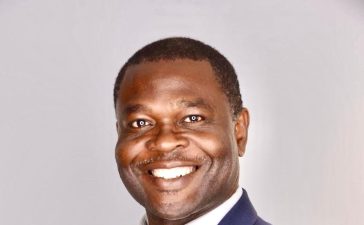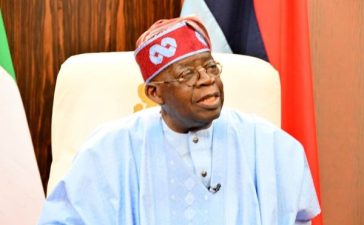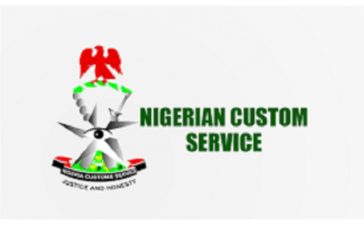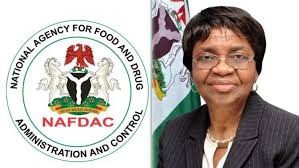Subscribers in Nigeria may have to wait until the third quarter of 2025 to experience improved telephony services, despite earlier promises made by telecom operators following a 50% tariff hike in February.
Speaking during an appearance on Arise TV on Thursday, MTN Nigeria CEO Karl Toriola stated that the company has placed large equipment orders and expects notable service improvements from August to September.
At a Telecoms Executive Forum in February, telcos had assured that quality of service would significantly improve within three months of the new tariffs taking effect—meaning by June. However, Toriola admitted that the timeline has shifted.
“We are all committed to improving service… We plan to more than double our capital expenditure this year—potentially reaching ₦900 billion, up from ₦440 billion in the past two years,” said Toriola.
He explained that much of the earlier revenue was used to cover diesel costs and prevent network outages, particularly during naira instability in 2023. With more currency stability, operators can now begin investing in network expansion, especially in urban areas like Lagos and Abuja.
“We’re hopeful that by the end of Q2 and especially Q3 2025, after drastic deployments, telephone services should improve greatly,” Toriola said.
Meanwhile, he confirmed that the long-standing USSD debt issue—worth over ₦160 billion as of late 2024—between Deposit Money Banks (DMBs) and telcos has been fully resolved. He credited the intervention of the CBN, NCC, and stakeholders for the breakthrough.
“We have received payments in full. Special thanks to the CBN, NCC, the banks, and others that intervened,” he confirmed.
Additionally, Gbenga Adebayo, Chairman of the Association of Licensed Telecom Operators of Nigeria (ALTON), said plans are underway to shift USSD billing to end-users, meaning that airtime will soon be deducted directly from subscribers for USSD sessions.
This end-user billing system will replace the previous corporate billing model where banks bore the costs.
“Talks are ongoing to finalize the modalities in a way that suits all parties involved—subscribers, telcos, and banks,” Adebayo said.
With mounting pressure from regulators, subscribers, and security agencies, telecom operators are now tasked with delivering on their quality of service promises without further delays.







